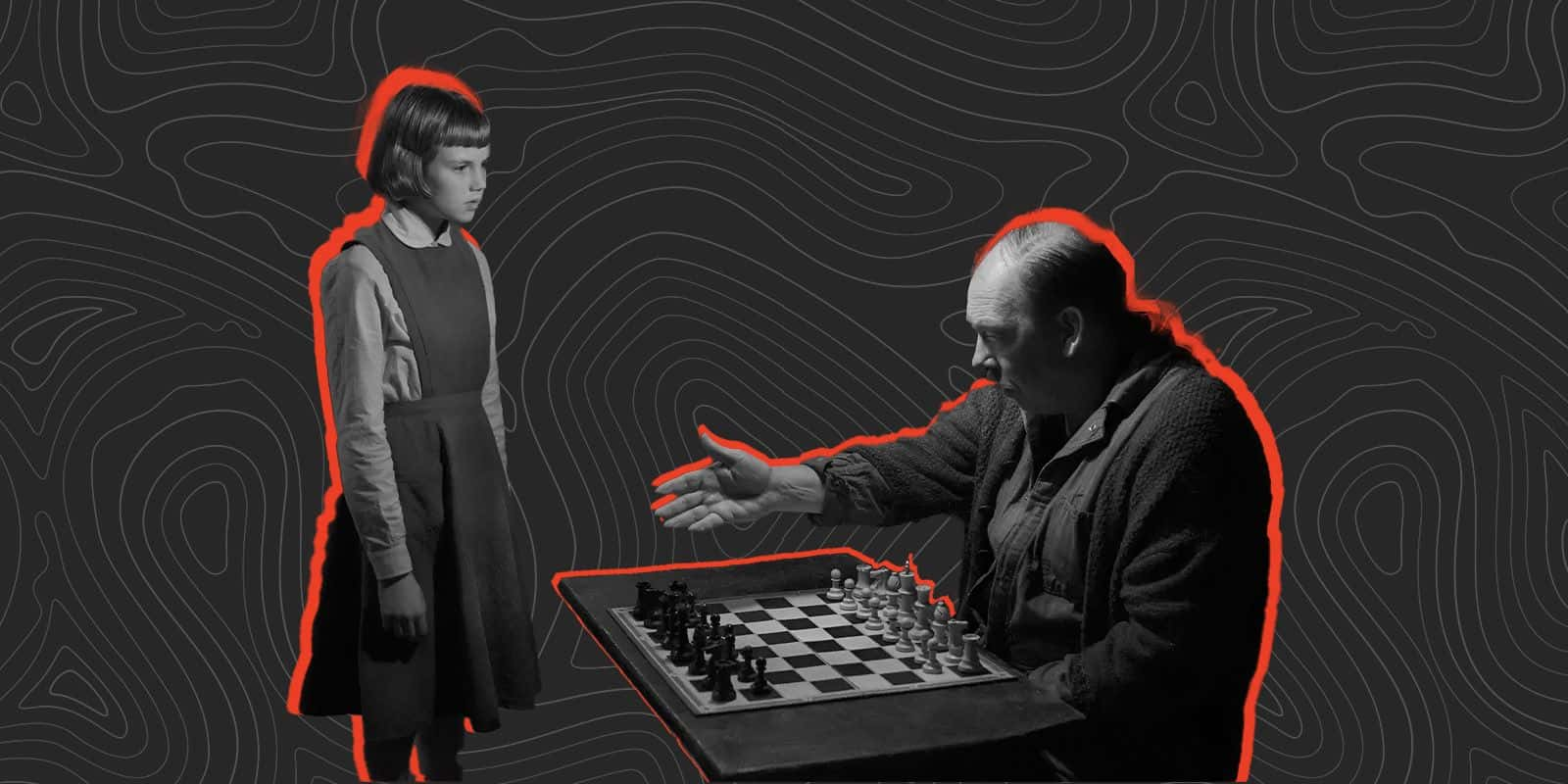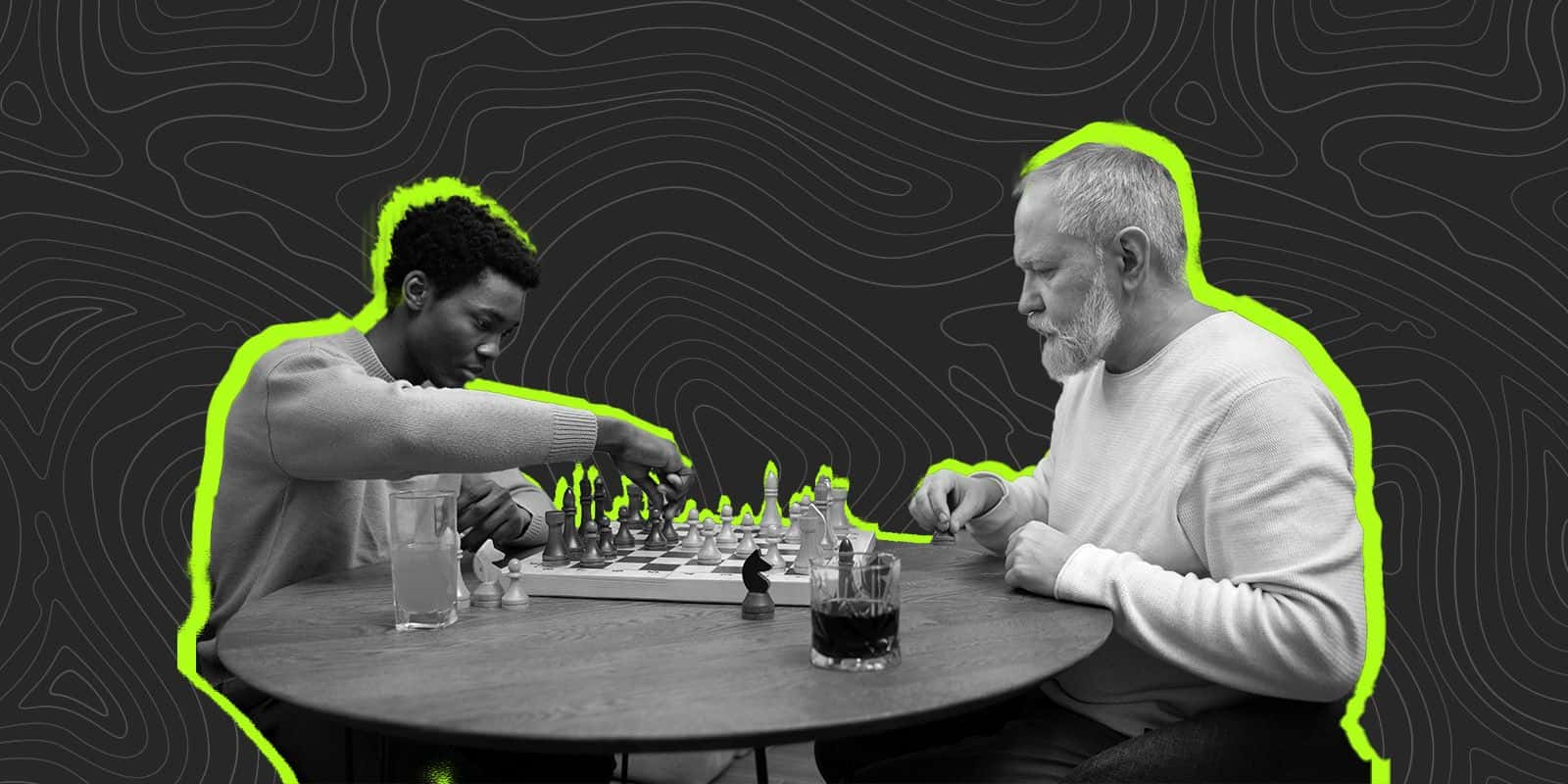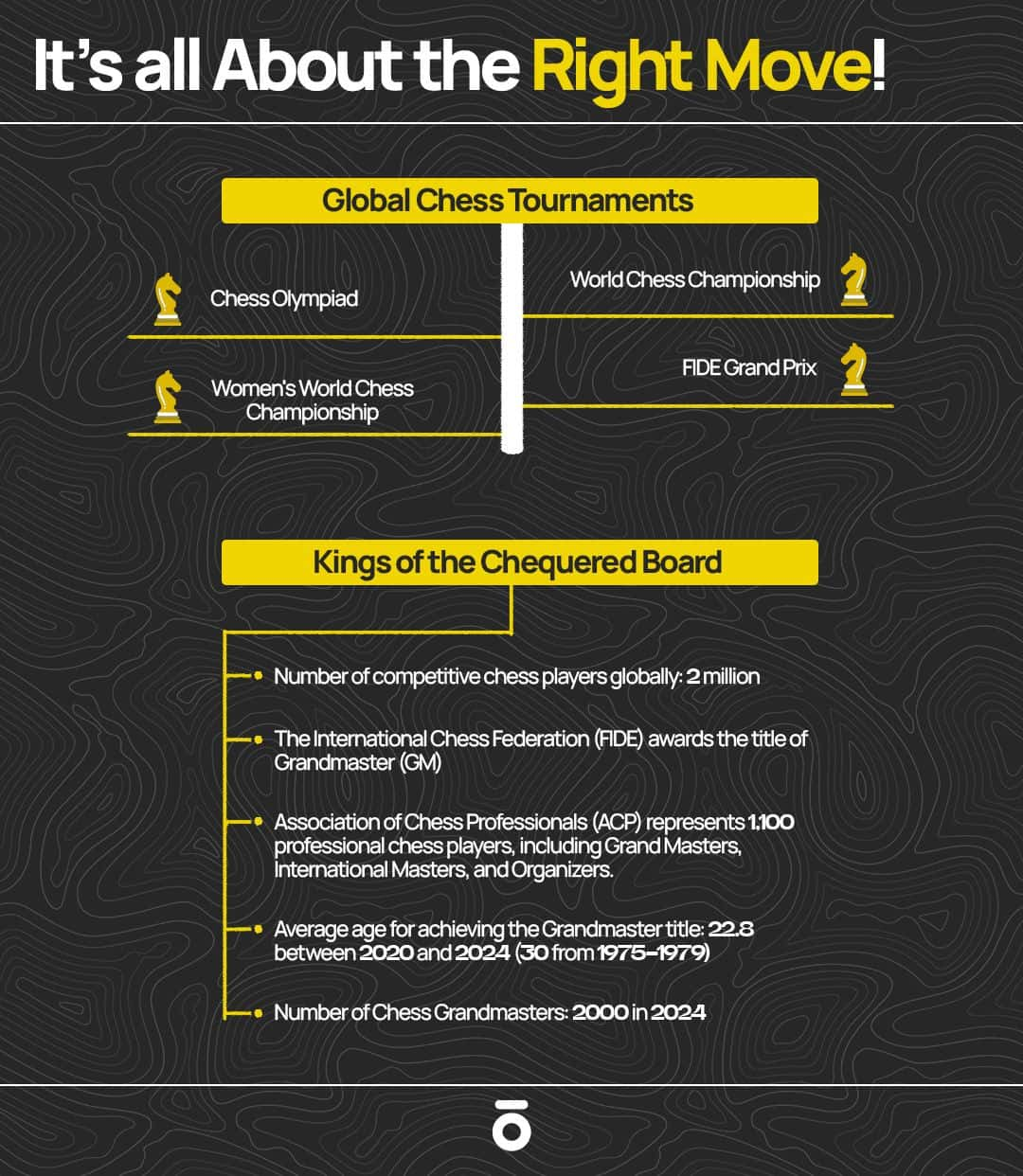Does Chess Qualify as a Sport? What Makes Chess Enter the Argument?

Introduction
The International Olympic Committee (IOC) considers chess as a sport and recognises the International Chess Federation or World Chess Federation (FIDE) as an official federation. Yet, chess is not yet an Olympic sport. However, one cannot say that chess does not require the effort that a regular sport requires.
Chess is a difficult game. You need to know opening strategy, end-game moves, and whatnot to be a master at chess. Just ask D Gukesh. The Indian chess prodigy defeated Ding Liren to become the World Chess Champion. This victory marks the second Indian to achieve this feat after Vishwanathan Anand.
Even Elon Musk congratulated D Gukesh on his stupendous victory. His achievement brings the World Champion crown back to India after a long gap of eleven years. With all the clutter around cricket and football, Chess in India has been flying under the radar despite India becoming a powerhouse in the discipline in the past decade.
It is probably because Indians don’t see chess as a sport, at least not yet. Since it requires no running after a ball or anything, it is hard to call it a sport. At the same time, it requires immense practice, skills, competitiveness, and a hell of a lot of resilience. So essentially, it might be a sport after all. So which argument is true? That’s what we’d talk about today! Does chess qualify as a sport?
Is Chess really a sport?
Chess has physical demands
In the “is chess a sport debate”, this point comes up. While chess players do not compete based on athletic prowess, however, they must be in excellent physical shape. Games between elite players can go on for seven, eight or even nine hours. The slightest lapse in concentration could cause a teensy mistake, which could cost you the whole game, just as Ding Liren.
The competition is intense
In the “is chess a sport or game" debate ask anyone who has played chess, and they’ll tell you that chess is extremely competitive and requires a drive to win. If you haven’t played chess yourself, do give it a shot. The whole act of sitting across a fierce opponent while the clock ticks away and the game becomes more complex ensures this sport is highly competitive.
You need skill
Elite chess players spend their whole lives perfecting their craft, practising games, studying endgames, solving studies and more. A professional chess player has a demanding regimen, the same as that of any professional athlete. The skill that this game requires comes from years of practice - You start typically small and rack up wins. As your skill level increases, your competition becomes more and more fierce.
Chess players practice sportsmanship
Etiquette is required in life, in general, and chess is not at all different. Before every chess game, players shake hands. Irrespective of the result, you must wish your rival good luck (not if you are Hans Niemmann playing Magnus) before the game and thank them for the game afterwards.
Etiquette comes from a place of deep respect for your opponent because a brilliant game requires a worthy opponent. A small breach of etiquette can result in severe penalties, such as when Grandmaster Ivan Cheparinov refused to shake the hand of GM Nigel Short, resulting in his forfeiture of the game.
Chess is a recognised sport
In professional chess, there are many chess competition rules. Just as the International Olympic Committee has recognised chess as a sport, while this doesn’t make it an Olympic sport, which means it would have to be included in the games, it is nevertheless an acknowledgement of the sport-like properties that are so intrinsic to chess.
Chess is universal
Around 605 million adults around the world engage in this game regularly. This is a huge number, comparable to the number of people using social media. That gives chess a universal appeal of sorts. Because it is so ubiquitous, it is a great melting pot of people of different languages, cultures and backdrops, allowing for international communication and comradery that you would normally associate with sport.
There are drug tests in chess
Just like you would have a drug test in sprinting, long jump and high jump, there are drug tests in chess. However, in this sport, more than using drugs, there’s a fear of players gaining a competitive edge using a computer.

Mental endurance and focus
The mental endurance and focus that chess requires are unreal. Players have to be on top of their game mentally, and you need endurance for those long World Championship matches. Such matches regularly cross the three-hour mark, and if you don’t have mental endurance and focus, your King’s going to go for a toss very quickly.
Competitive nature
Chess is highly competitive, and players play against each other in tournaments at the local, national, and international levels. The motivation to win, improve and beat your opponent shows that competition is at the core of chess.
Training and preparation
Successful chess players have very demanding training programs. They analyse old games, practice strategies, and do much more. This preparation is quite similar to the mental and physical training of athletes in other sports. This shows that chess must be considered a sport.
There are organised tournaments
Other events also take place, such as chess, where there are organised tournaments. World Championships and other national competitions are also quite important in the chess world.

Conclusion
In conclusion, chess has every possible aspect that would require it to be considered a professional sport. There’s competition; in fact, there’s fierce competition. There are doping standards, it requires a modicum of skill, it has certain physical demands, and chess players practise sportsmanship. Taking into account all the above points, it is clear that chess is a highly competitive sport. What else do you need? Checkmate!


5-Minute Mindfulness for Busy Lives

Adaptive Techniques Inspired by Arshad Nadeem’s Journey

Yamal’s Wonder Goal: Inspiring Fitness and Wonder Workouts


